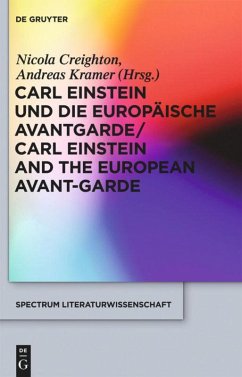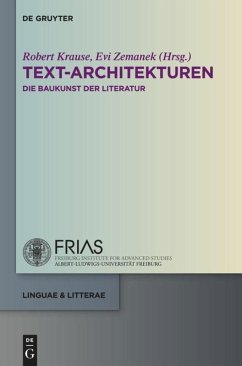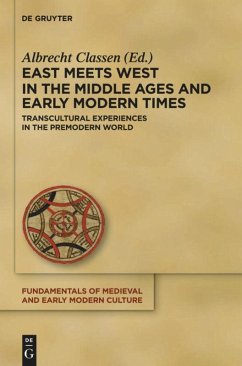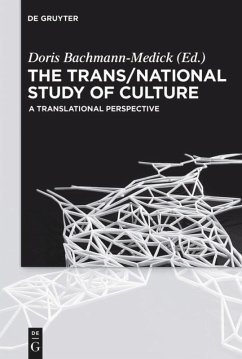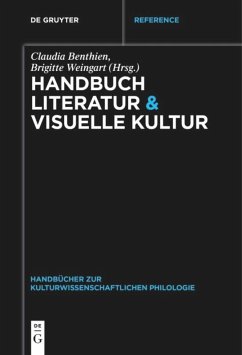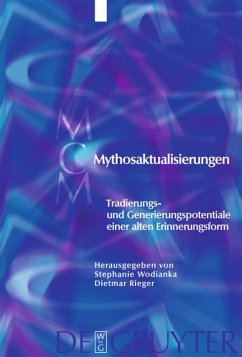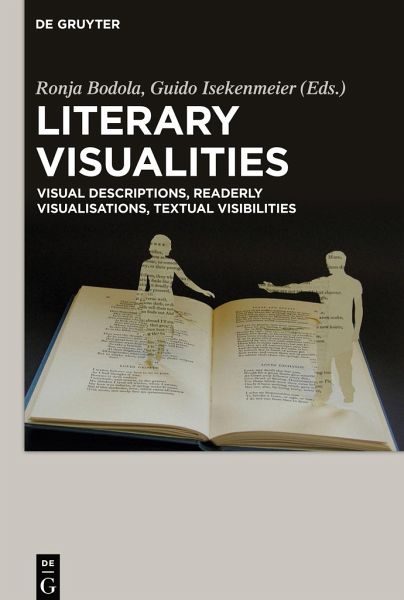
Literary Visualities
Visual Descriptions, Readerly Visualisations, Textual Visibilities
Herausgegeben: Bodola, Ronja; Isekenmeier, Guido
Versandkostenfrei!
Versandfertig in 6-10 Tagen
84,99 €
inkl. MwSt.

PAYBACK Punkte
42 °P sammeln!
This book challenges the focus on pictoriality as central constituent of visual culture from the perspective of literary studies, which in the wake of an 'intermedial turn' so far focused on the ways texts relate to pictures and visual media either in praesentia (e.g. word and image studies) or in absentia (e.g. ekphrasis). Instead, it emphasizes literature's participation in visual culture at large and focuses on three areas of investigation: (1) the depiction of, for instance, visual perceptions in the literary mode of description, which is paramount to formatting the mental aspect of visual...
This book challenges the focus on pictoriality as central constituent of visual culture from the perspective of literary studies, which in the wake of an 'intermedial turn' so far focused on the ways texts relate to pictures and visual media either in praesentia (e.g. word and image studies) or in absentia (e.g. ekphrasis). Instead, it emphasizes literature's participation in visual culture at large and focuses on three areas of investigation: (1) the depiction of, for instance, visual perceptions in the literary mode of description, which is paramount to formatting the mental aspect of visual culture; (2) the readerly practice of visualising situations and events of the fictional world, which mediates between those mentefacts and techniques of writing; (3) textual visibilities which are grounded in materiality. The volume explores these three areas from a systematically integrated perspective and the essays include in-depth treatments of seminal examples taken from Western literatures (primarily English and German, but also French and American literature) from early modern times to the present. This book's aim is to work out literature's active role in shaping visual culture, thus demonstrating its relevance for "image studies".





